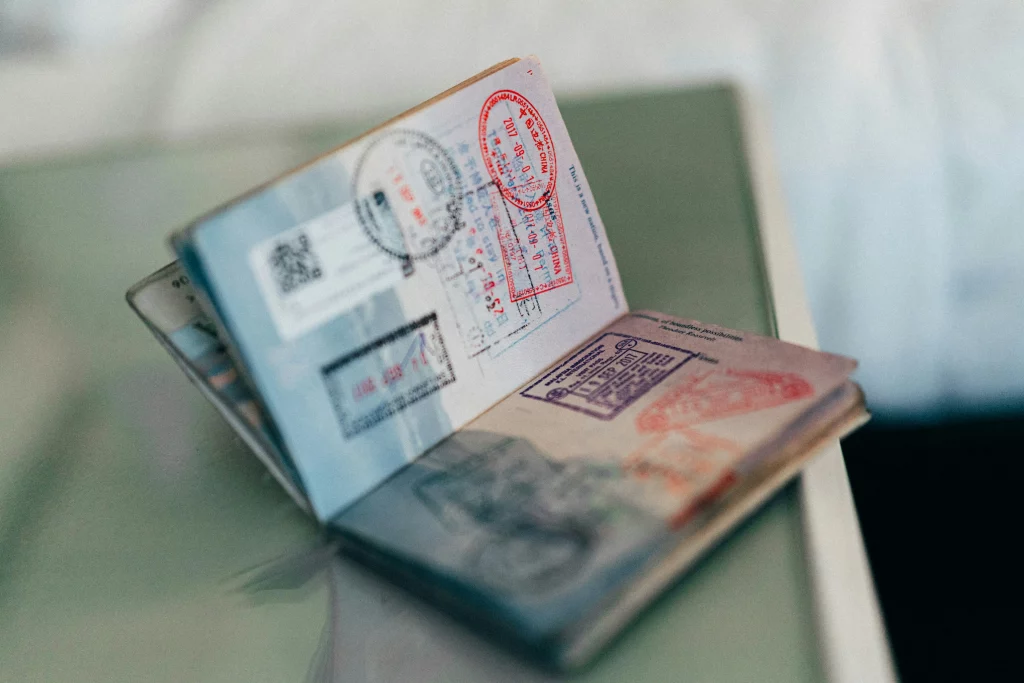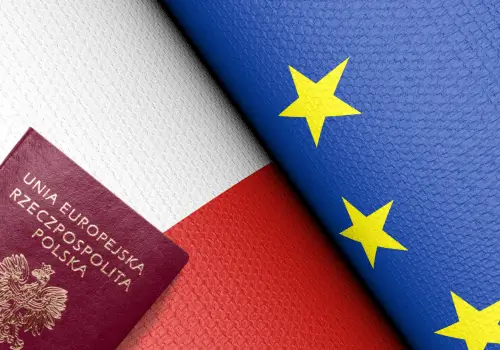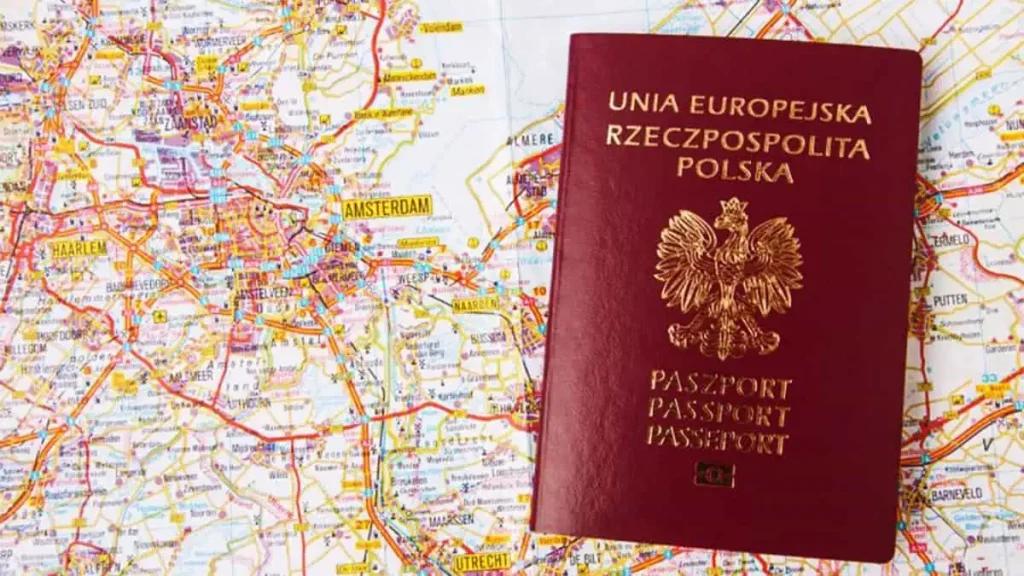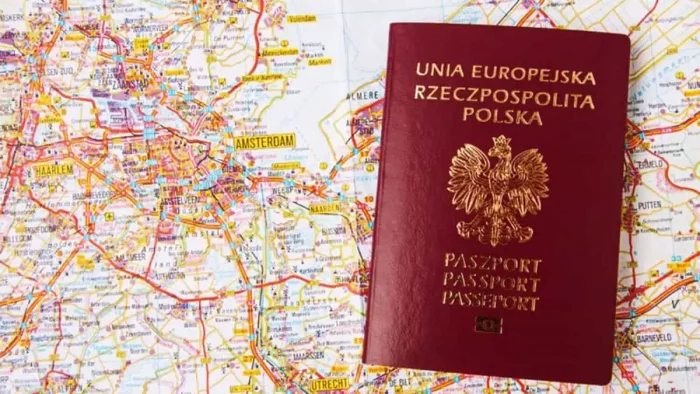Polish citizenship by descent is based on the principle of jus sanguinis, which means “right of blood.” This principle allows individuals with Polish ancestry to claim citizenship if they can prove their Polish lineage. This right extends to descendants of Polish citizens, even if they were born outside Poland.

To determine eligibility, one must establish a direct lineage to a Polish citizen, typically through parents, grandparents, or great-grandparents. The critical factor is that the ancestor must have been a Polish citizen at the time of your birth.
Eligibility Criteria
To qualify for Polish citizenship by descent, you need to meet specific criteria. Here are the main requirements:
- Prove Polish Ancestry: You must provide documents that establish your direct Polish lineage. These documents can include birth certificates, marriage certificates, Polish passports, or other official records.
- Continuous Lineage: Your ancestor must have maintained Polish citizenship until your birth. If they renounced their Polish citizenship before you were born, your eligibility might be affected.
- Documentation: You need to gather and present various documents to support your application. These include your birth certificate, your parents’ and grandparents’ birth and marriage certificates, and any documents proving your ancestor’s Polish citizenship.

The Application Process
Obtaining a Polish passport by descent involves several steps. Here’s a detailed overview of the process:
1. Gather Documentation
Start by collecting all necessary documents to prove your Polish ancestry. This includes:
- Your birth certificate
- Birth and marriage certificates of your parents and grandparents
- Any documents proving your ancestor’s Polish citizenship, such as old Polish passports, identity cards, or military records

2. Translate and Authenticate Documents
Once you have gathered all the required documents, you need to have them translated into Polish by a certified translator. Additionally, these documents must be authenticated through an apostille or legalization process, depending on your country of residence.
3. Submit the Application
Submit your application and the supporting documents to the appropriate Polish authorities. You can do this through the Polish consulate or embassy in your country or directly in Poland. The application should include:
- Completed application forms
- Your original documents and their certified translations
- Proof of Polish descent
4. Wait for Verification
After submitting your application, the Polish authorities will review your documents to verify your eligibility. This process can take several months, so patience is essential. During this time, the authorities may contact you for additional information or clarification.
5. Receive Confirmation
Once your application is approved, you will receive a confirmation of your Polish citizenship. This document officially recognizes you as a Polish citizen and allows you to apply for a Polish passport.

6. Apply for a Polish Passport
With the confirmation of your citizenship in hand, you can apply for a Polish passport. Submit your passport application, along with the necessary photos and fees, to the Polish consulate or embassy. The processing time for a passport can vary, but you should expect to wait a few weeks.
Benefits of Polish Citizenship
Obtaining a Polish passport by descent offers numerous advantages. Here are some key benefits:
- Freedom of Movement: As a Polish citizen, you have the right to live, work, and study in any EU country without a visa.
- Access to Education and Healthcare: You can benefit from the educational and healthcare systems in Poland and other EU countries.
- Business Opportunities: Polish citizenship allows you to start a business and invest in Poland and the EU.
- Cultural Connection: Embrace your Polish heritage and connect with your ancestral roots.

Challenges and Considerations
While the process of obtaining a Polish passport by descent can be rewarding, it is not without challenges. Here are some considerations:
- Documentation: Gathering the required documents can be time-consuming and may require extensive research.
- Language Barrier: All documents must be translated into Polish, which can be an additional cost and effort.
- Complexity: The application process can be complex, especially if your family history is not well-documented.
Resources and Assistance
Given the complexity of the process, many applicants seek professional assistance to navigate the requirements. Legal experts and genealogical researchers can help gather the necessary documents, translate and authenticate them, and guide you through the application process.

For more information on Polish citizenship by descent and the application process, visit the following resources: https://www.lexmotion.eu/
To learn more about applying for a Polish passport, you can find detailed guidelines here: https://www.lexmotion.eu/polish-passport/
In conclusion, obtaining a Polish passport by descent is a significant step that can open many doors for you and your family. By understanding the eligibility criteria, gathering the necessary documentation, and following the correct procedures, you can successfully claim your Polish citizenship and enjoy the benefits it offers.







































